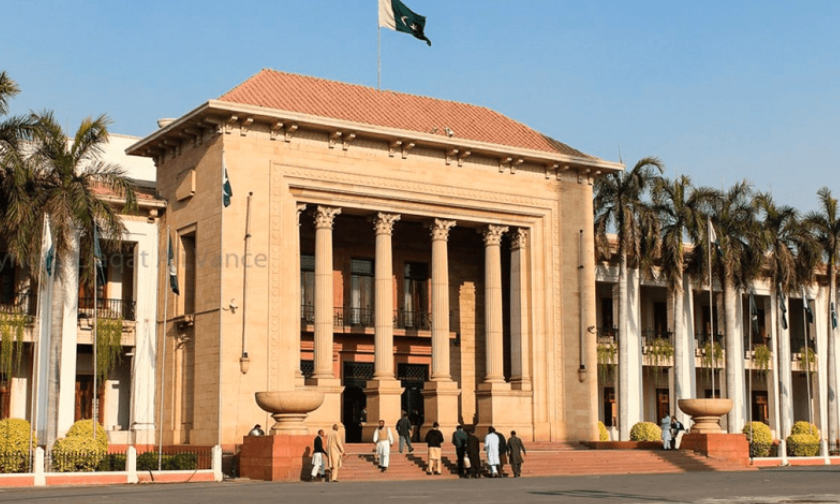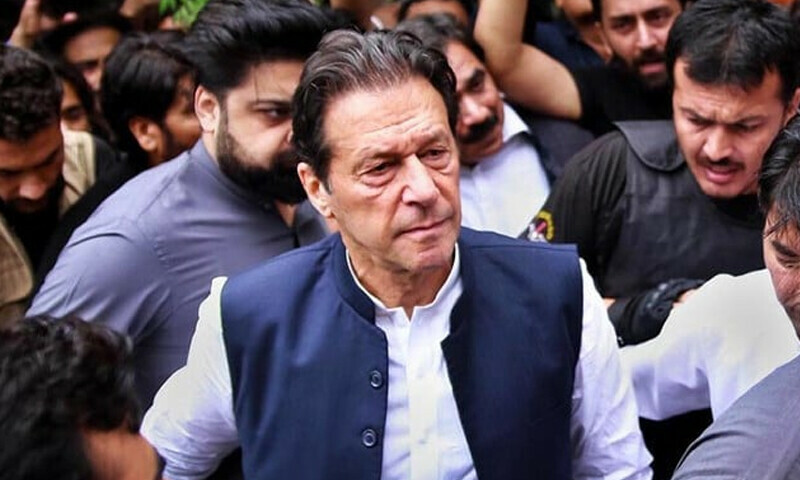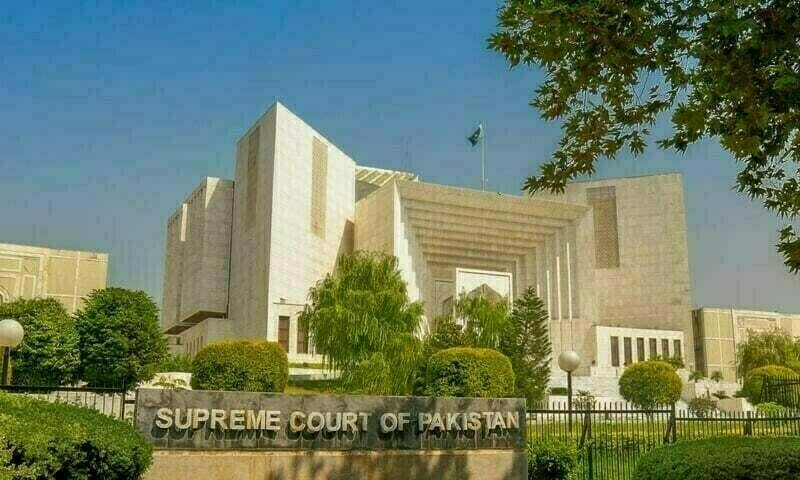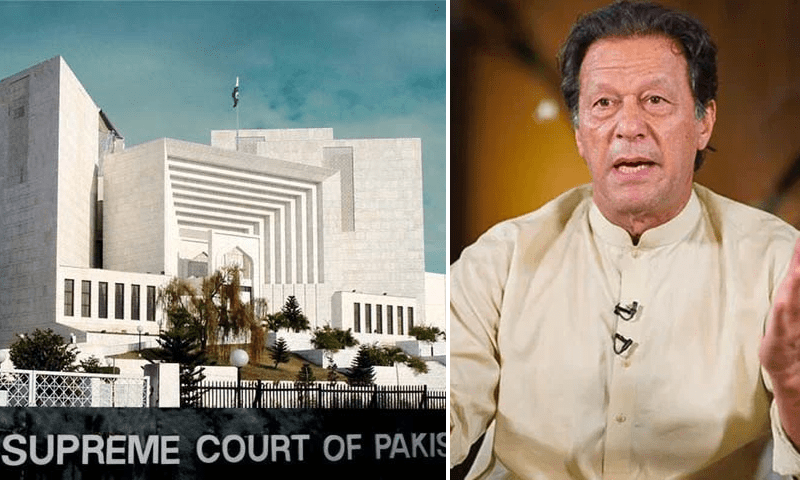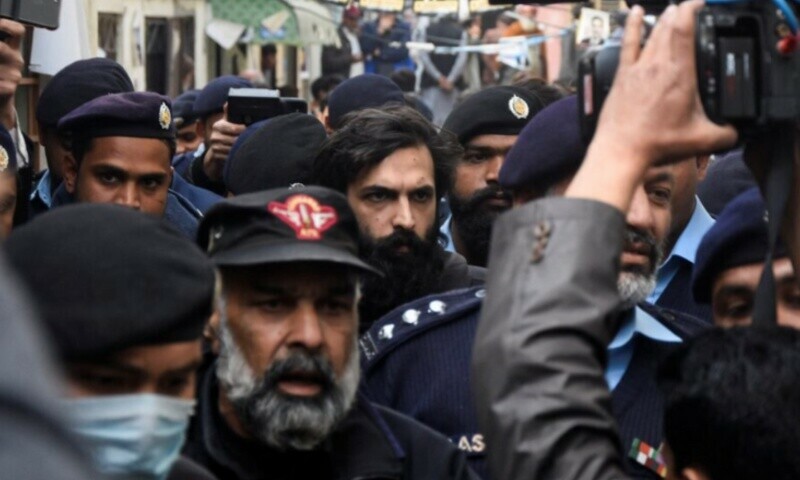LEGAL
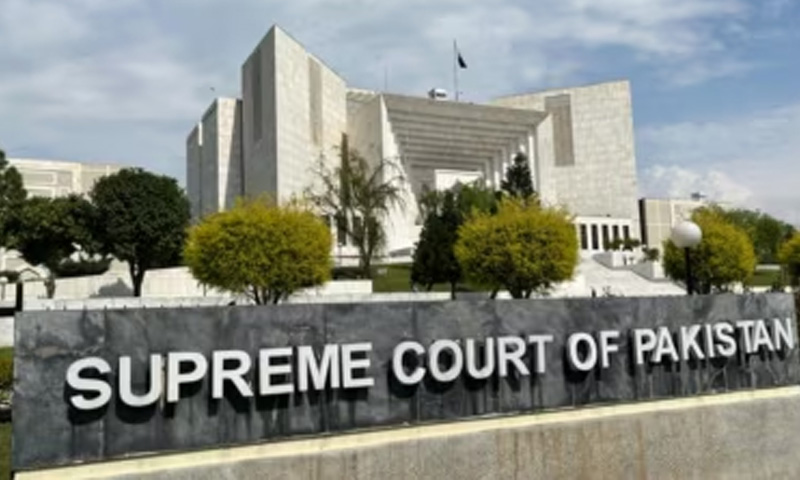
The Supreme Court of Pakistan resumed hearing a high-profile case regarding the transfer of judges on Friday, during which Justice Muhammad Ali Mazhar underscored that the authority to transfer judges is enshrined in the Constitution and lies solely with the President of Pakistan.
A five-member bench, led by Justice Mazhar, heard arguments in the case that has sparked fresh debate over the scope of executive power versus judicial independence.
“How can anyone force the President to transfer?” questioned Justice Mazhar during the proceedings, reaffirming that the President’s role in such matters is constitutionally protected.
Arguments Narrowed to Judge Transfers
Justice Mazhar instructed the petitioner’s counsel, Faisal Siddiqui, to restrict his arguments specifically to the matter of judicial transfers. Siddiqui pointed out that judges are often appointed from high courts to the Federal Shariat Court, which creates complications when they return to their original positions.
Issue of Seniority and Jurisdiction
Justice Naeem Akhtar Afghan, another member of the bench, acknowledged that the lawyer had earlier agreed that transfers do not override the President’s authority.
Justice Mazhar further noted that when high court judges are posted to the Federal Shariat Court, their status is elevated. However, on their return to the High Court, issues related to seniority arise, potentially impacting judicial administration.
“In India, the seniority of transferred judges is clearly defined, but here we face ambiguity,” Justice Mazhar remarked, hinting at the need for systemic clarity.
Next Hearing
The bench adjourned the case until Monday, signaling that further deliberations will likely address both constitutional interpretation and institutional precedents.
